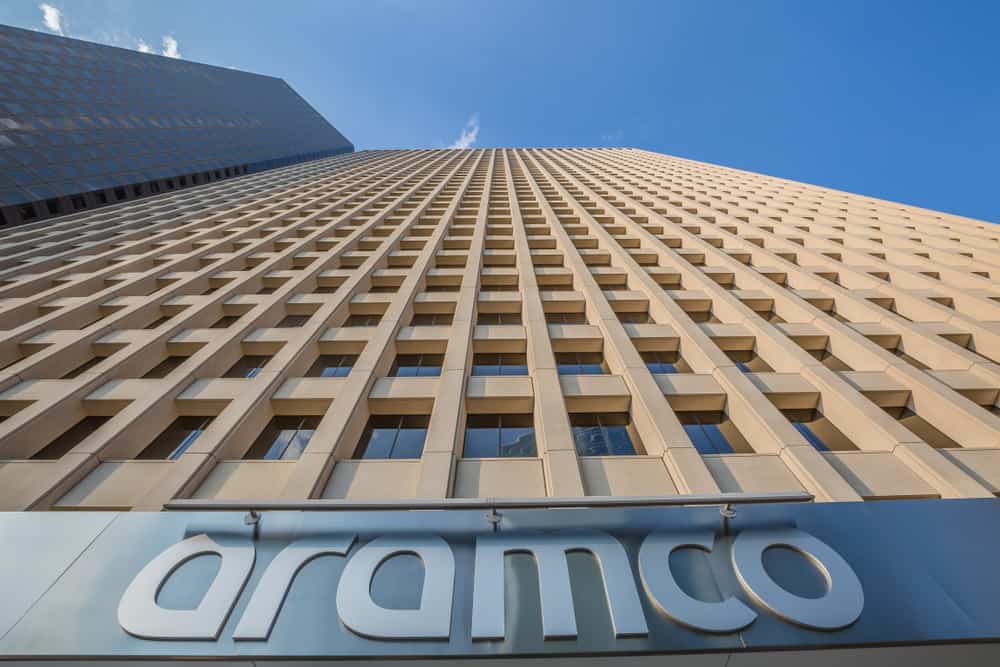Good day,
Saudi Arabia’s national oil company Aramco is looking to raise an initial public offering (IPO) at an expected valuation of $2 trillion. In its IPO prospectus, Aramco said its after-tax breakeven cost for oil production is less than $10 per barrel, which makes Aramco’s oil production the cheapest to operate in the world. In comparison, UAE has an after-tax breakeven cost of $20 per barrel, while Russia pegs it at over $40 per barrel. However, a lot of finer details on Aramco’s IPO is still unclear — like the date when it goes public, the number of stocks that will be offered and the price per share.
Did you know?
Sales on Alibaba over its annual Singles Day shopping blitz crossed $30 billion on Nov. 11. Sales hit $1 billion after one minute and eight seconds and reached $22.6 billion in the first nine hours, up 25% from the same point last year.
Quotable
“We are a victim of our own success, but the cure for low gas prices is low gas prices. With gas prices being low, you see what we are building is demand for our product. We are creating a lot of relief for consumers.”
— Toby Rice, head of EQT Corp., commenting on natural gas production’s price slowdown in the U.S. after a decade of positive growth.
In other news
Oil falls after Trump downplays optimistic China trade reports
Trump said on Nov. 9 that trade talks with China were moving along “very nicely” but the United States would only make a deal with Beijing if it was the right one for America. (Investing)
Trucking group calls for safety-oriented policies regarding legalized marijuana
Currently, recreational marijuana use is legal in 11 states, while 33 states have legalized marijuana for medicinal use. (Safety and Health Magazine)
India’s RCEP decision: A tactical retreat
Since trade negotiations ultimately boil down to bread-and-butter issues, having no deal is far more prudent than signing up for a bad one. (Financial Express)
Volvo adopts Oracle’s blockchain for its supply chain
Volvo Cars announced that it is using Oracle’s blockchain platform to trace cobalt, one of the main components in electric car batteries. (CoinTelegraph)
Asia’s mini Chinas struggle to capitalize on Trump-Xi trade war
No one nation is able to reproduce the kind of success China enjoyed in transforming its economy. (Economic Times)
Final thoughts
In the list of global consumption trends that China tops, pork consumption has traditionally been one. With a majority of the Chinese eating pork on a daily basis, it is of little surprise that China remains the world’s largest consumer and importer of pork. This is relevant as African swine fever that swept the country ended up destroying half of China’s swine population, which has led to pork prices hit the ceiling while affecting consumers, restaurants and farmers alike.
The Chinese shockwave has hit most of its importers, particularly Brazil. China is Brazil’s largest exporter of beef and the volumes have soared by 40% this year due to the swine fever debacle. But on the flip side, this has managed to increase the prices of pork in Brazil, as swine farmers figured that they stood to earn more if they export their beef to China.
The occurrence of swine fever in China has critically debilitated small-scale swine farms in the country, which had accounted for nearly half of China’s local supply. But with the bulk of these farms out of the picture now, analysts expect massive industrialization within the sector. This will soon lead to fewer imports as supply is expected to increase and, with economies of scale, the prices of pork will in all likelihood come down.
Hammer down, everyone!











